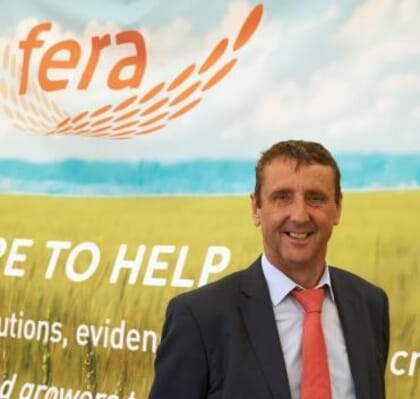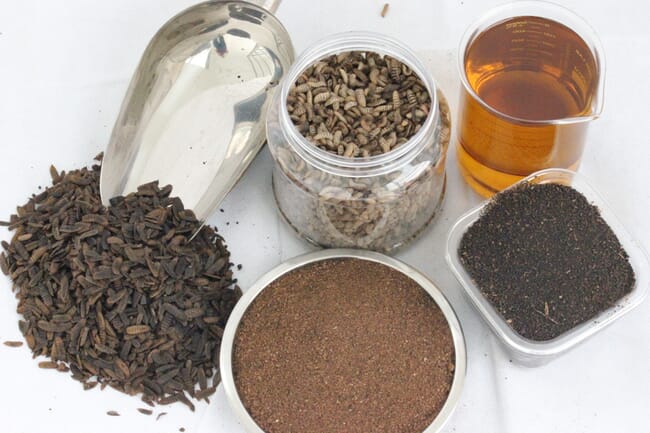
Agri-food and environmental science company Fera Science Ltd has opened a specialist insect laboratory at its Bioscience Campus (YBC) location in York, UK. The £1 million expansion involved converting a former storage unit on site into a purpose-built insect research unit, increasing Fera’s presence at YBC by over 2,000 square feet.
This expert research and development (R&D) facility will support the rapid growth of insect bioconversion to upcycle biomass residues into valorised products. Fera’s R&D services will also help a variety of industries in determining the feasibility and scale-up insect technologies and their best path to adopting insect-based products.
Dr Andrew Swift, CEO at Fera Science said, “the launch of our specialist insect laboratory is an important step in the delivery of expert support from Fera to help the food production industry and its stakeholders, in both the commercial and public sector, to respond to the opportunity this technology presents.
“The rising pressure to meet consumption for the growing population globally estimates that more than 250 million metric tonnes of additional protein will be needed per year in the decades ahead. This puts immense pressure on our current animal feed protein sources such as soy and fishmeal which are derived from unsustainable sources.
“Insect bioconversion presents one route to provide sustainably sourced protein into the food chain to help overcome this challenge. Under a circular economy, this technology can reduce biomass waste through consumption and conversion into high-quality protein for animal feed as well as other byproducts of high value to food production.”
Fera has been a major player in the EU and UK’s insect bioconversion sector for the last 10 years. The laboratory, which is the first of its kind in the UK and one of the first in Europe, enables Fera to help meet the needs of global clients from across the food industry by expanding the scope and scale of its current insect services to “twin” the process of insect bioconversion at factory production scale.
Insect bioconversion is the process of feeding insect biomass residue to create valorised products, such as high-quality proteins and oils, packaging materials or soil nutrients. It is a circular economic practice that reduces waste, provides alternative – sustainably sourced – ingredients for animal and aquaculture feed. Most of Fera’s work has focused on developing this application with black soldier fly larvae. The species lend themselves to efficient production processes and yield products which are protein rich, contain a good balance of essential amino acids, minerals and fats – which is well suited for feeding monogastric animals like fish, swine and poultry.

Insect bioconversion is the process of feeding insect biomass residue to create valorised products, such as high-quality proteins and oils that can be used as feed ingredients © Nutri-Tech Solutions
Fera plans to advise its clients on the cost reductions as well as optimising the circular economy benefits of insect bioconversion in line with net carbon zero objectives and the UN Sustainable Development Goals (UNSDGs). The laboratory will also enable collaborations with universities, startups, insect farms and associated national and international regulatory authorities, including the Department for Environment, Food and Rural Affairs (Defra) and the Food Standards Agency.
Tamara Finkelstein, permanent secretary at Defra commented, “I am delighted to see Fera opening this state-of-the-art insect research laboratory. This is a critical time for innovation in biotechnology and the insect unit has the potential to reduce our impact on the environment, making progress towards a more circular economy.
“The breadth of national and international partners involved will help ensure its success and demonstrates Fera’s international reputation for taking scientific innovation to new markets,” she concluded.




